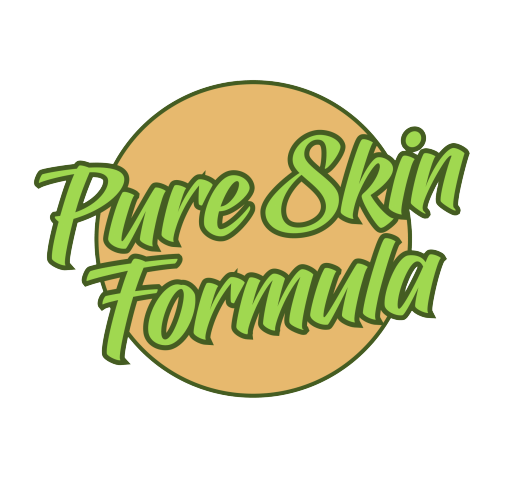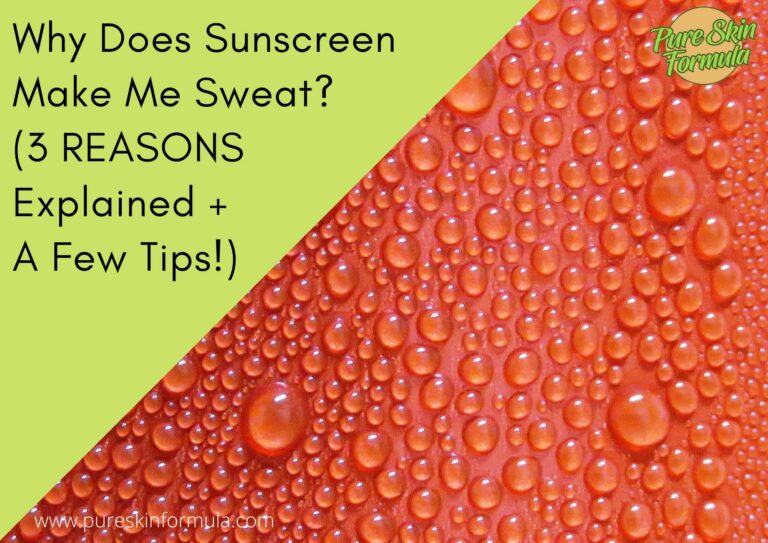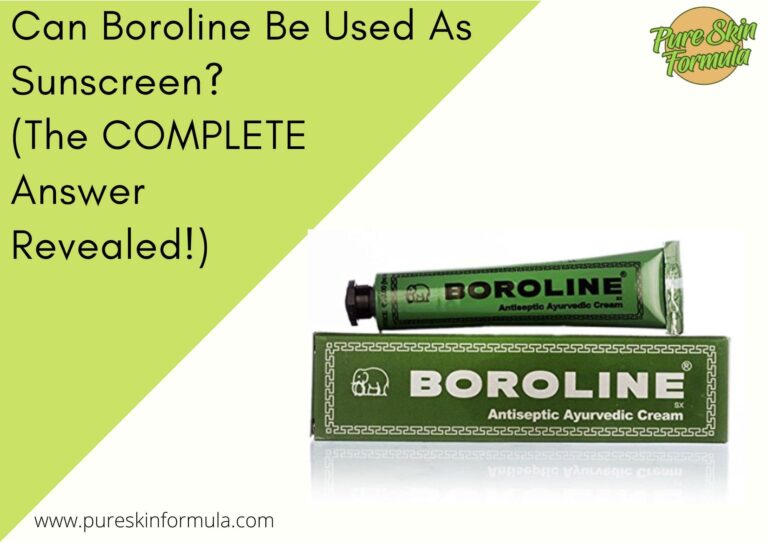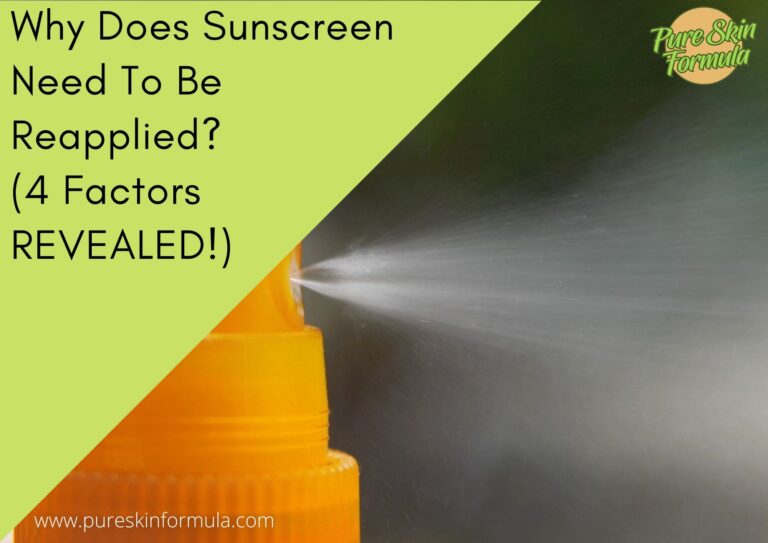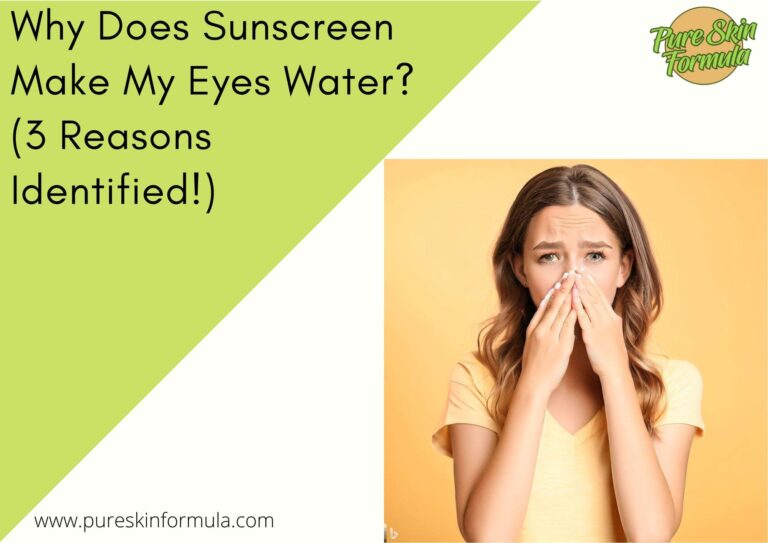Can I simplify my skincare routine without compromising sun protection? We all strive for efficiency and effectiveness, so discovering a lotion that doubles as sunscreen would be a game-changer. But is it possible?
Whether you’re a skincare enthusiast or a curious reader, take the chance to unlock the mysteries surrounding the efficacy of lotions as sunscreen. Keep reading as we unveil the truth, debunk myths, and equip you with the knowledge to make informed decisions about your skincare regimen.
Get ready to demystify the world of lotions and sun protection.
Can lotion work as sunscreen?
Lotion, on its own, cannot provide sufficient protection against the harmful effects of the sun’s ultraviolet (UV) rays. Using it as a substitute for sunscreen can increase the risk of sunburn, premature aging, and skin damage.
While some lotions may offer minimal sun protection due to the presence of certain ingredients, they are generally not formulated to meet the specific requirements of an effective sunscreen.
Sunscreen is designed to provide broad-spectrum protection against both UVA and UVB rays, and it undergoes rigorous testing to determine its sun protection factor (SPF). Lotion typically lacks these specialized features.
Using sunscreen with an appropriate SPF is recommended, as applying it generously and frequently and following other sun-safe practices like seeking shade and wearing protective clothing.
Let’s dive in!
Exploring the composition of lotion
Lotions typically contain a combination of water, oils, and emulsifiers that help to moisturize and hydrate the skin. Below you will find some common ingredients in this type of product:
- Water is the primary ingredient in lotions, providing a base for other ingredients to dissolve and spread quickly on the skin.
- Emollients are ingredients like oils (such as mineral oil, coconut oil, or jojoba oil) that help to soften and smooth the skin, keeping it moisturized.
- Humectants like glycerin and hyaluronic acid attract moisture from the environment and help to retain it in the skin, preventing dryness.
- Emulsifiers such as cetyl alcohol or stearic acid help blend water and oil-based ingredients, creating a stable lotion formulation.
While lotions are primarily designed for moisturization, some may contain certain ingredients that offer limited sun-blocking capabilities. Let’s see which are some of these agents.
Titanium dioxide is a physical sunscreen ingredient that reflects and scatters UV rays away from the skin’s surface.

Zinc oxide is another physical sunscreen ingredient providing broad-spectrum protection by reflecting and scattering UVA and UVB rays.
Avobenzone is a chemical sunscreen ingredient that absorbs UVA rays but may require stabilization with other chemicals to maintain its effectiveness.
Where is the catch?
Many lotions do not specify a Sun Protection Factor (SPF), unlike dedicated sunscreens. SPF measures a sunscreen’s ability to protect the skin from UVB rays, primarily responsible for sunburns.
With a designated SPF, assessing the level of protection a lotion may provide against UVB rays is easier. Therefore, it is advisable to use sunscreen with a labeled SPF when specific sun protection is required.
Factors Influencing sunscreen abilities of lotions
When applying lotion as sunscreen, it’s essential to consider how well it absorbs and penetrates the skin. Some lotions may have a thicker consistency, making it difficult for the active ingredients to penetrate deeply into the skin layers.
The active ingredients must be absorbed and distributed evenly throughout the skin for adequate sun protection to create a protective barrier against UV rays. Lotions with better absorption properties and lightweight formulas can ensure optimal coverage and protection.
Another crucial factor to consider is the reapplication and longevity of protection offered by lotions. Sunscreen effectiveness diminishes over time due to sweat, water exposure, or skin rubbing.
While dedicated sunscreens are designed to withstand these factors and maintain their effectiveness, lotions may provide a different level of durability. They may require more frequent reapplication to ensure continuous protection.
How to enhance lotion’s sunscreen abilities?
One way is by applying multiple layers. Layering the lotion can help increase the thickness of the protective barrier on the skin, offering better coverage against UV rays.
However, allowing each layer to dry before applying the next is essential to ensure even distribution and avoid a greasy or sticky feeling. While layering lotions can enhance protection, they may not be as effective as a dedicated sunscreen with a higher SPF and broad-spectrum coverage.
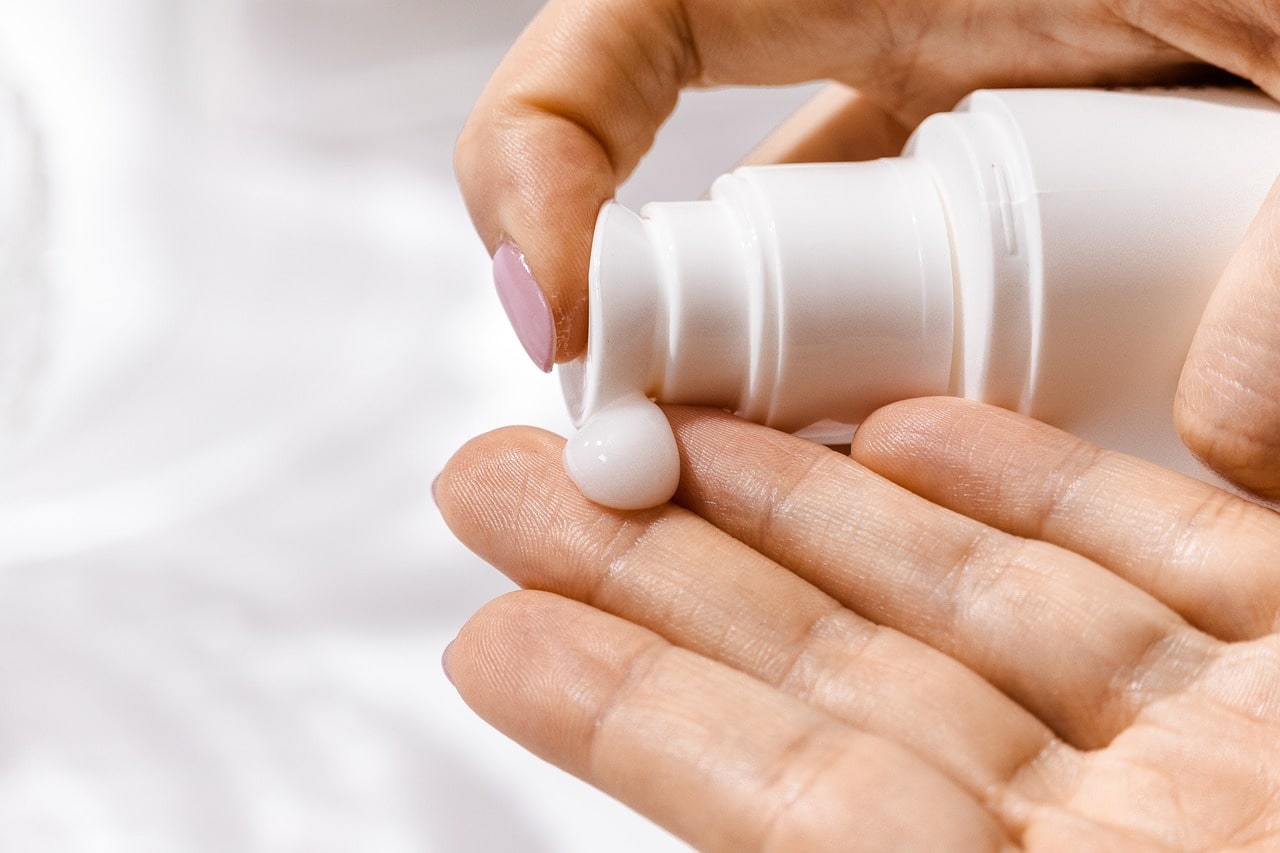
Another approach to enhancing lotion’s sunscreen abilities is to combine it with a physical sunscreen. Physical sunscreens contain ingredients like titanium dioxide or zinc oxide, which provide adequate sun protection.
Applying a layer of physical sunscreen over the lotion can increase overall sun protection. The lotion provides hydration and moisturization, while the physical sunscreen adds an extra layer of UV protection.
This combination can be particularly beneficial if you prefer the texture or moisturizing properties of the lotion but want to enhance its sun-blocking capabilities.
Lotion can be utilized as a supplementary sun protection method when dedicated sunscreens are not readily available. While it may not offer the same level of protection, applying lotion can still temporarily shield the skin from UV rays until proper sunscreen can be obtained.
This should be seen as a temporary solution. For prolonged or intentional sun exposure, it is recommended to use a dedicated sunscreen for optimal protection.
Conclusion
While lotions may offer some sun protection, they are not a foolproof substitute for dedicated sunscreens. Although some lotions contain sun-blocking agents and may have an SPF rating, they often lack the broad-spectrum coverage and stability needed to shield the skin from UVA and UVB rays effectively.
Additionally, relying solely on lotion as sunscreen can lead to inadequate protection, increased risk of sunburns, and potential interference with the lotion’s primary purpose.
To ensure optimal sun protection, it is recommended to choose a reputable sunscreen formulated explicitly for sun protection, with appropriate SPF, broad-spectrum coverage, and proven efficacy.
Prioritizing dedicated sunscreens will help safeguard your skin’s health and protect you from the damaging effects of the sun’s rays.
Thank you for reading!
Valeria
